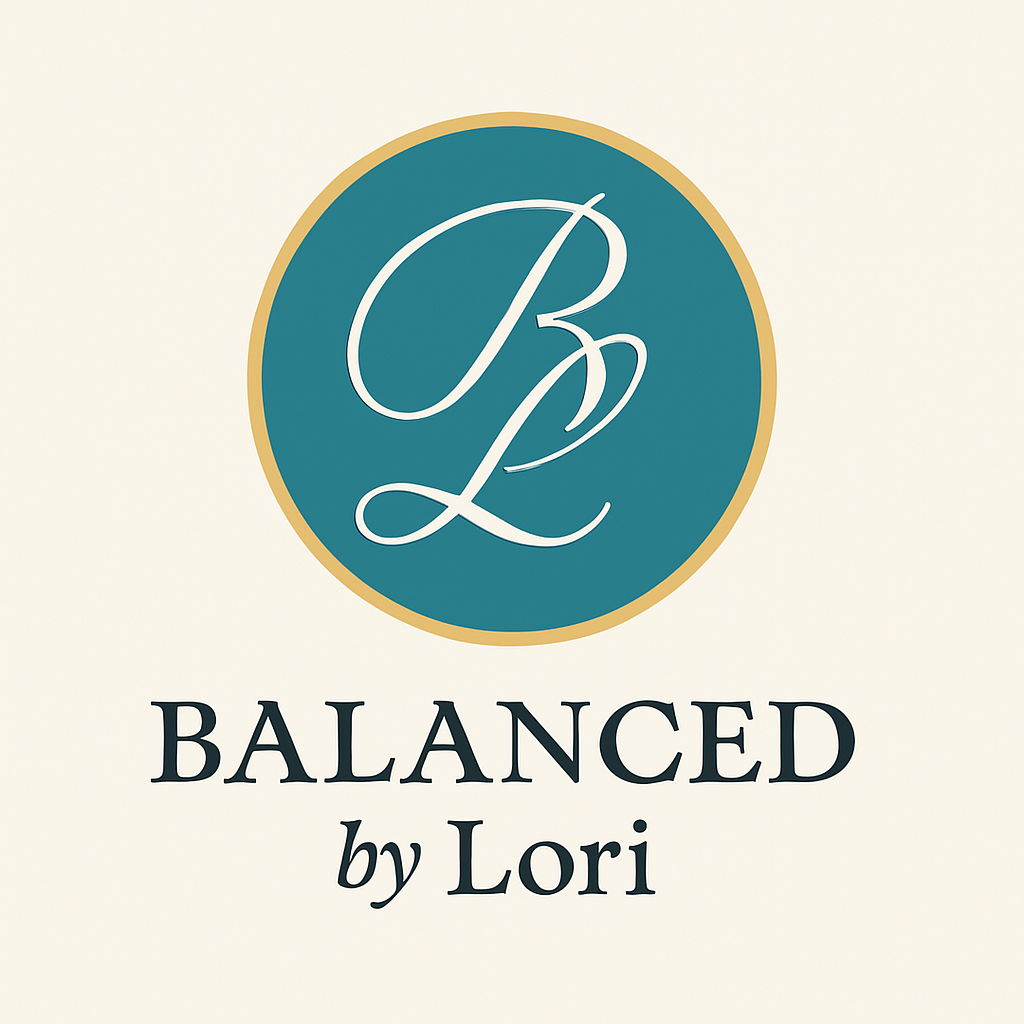How AI Is Changing Bookkeeping: What Small Business Owners Should Know in 2025
Artificial Intelligence (AI) is no longer something futuristic — it’s here, and it’s already reshaping bookkeeping. If you’re a small business owner, you might be wondering: does this mean I won’t need a bookkeeper anymore? Or is this an opportunity to finally get ahead of my finances?
The truth is, AI is powerful, but it’s not a replacement for thoughtful bookkeeping. Instead, it’s a tool — and when used wisely, it can save time, reduce errors, and give you better insights than ever before.
🔹 What “AI Bookkeeping” Really Means
AI isn’t about robots replacing humans. It’s about software that can:
Automate repetitive tasks like categorizing expenses or matching invoices to payments.
Flag unusual transactions that might signal fraud or errors.
Predict cash flow trends based on your past income and expenses.
Speed up reconciliation by auto-suggesting bank matches.
Think of it like a helpful assistant working behind the scenes — fast, accurate, and tireless.
🔹 The Benefits for Small Businesses
When AI is built into tools like QuickBooks, it creates real advantages:
Fewer Errors → the system “learns” your patterns, so expense categories get more accurate over time.
Time Savings → less data entry means more time to focus on your business.
Faster Insights → AI-powered dashboards and reporting can show trends instantly.
For a busy owner, this means no more waiting until the end of the month to know how you’re doing.
🔹 The Risks & Limitations
But let’s be clear: AI isn’t perfect. It can:
Misclassify expenses if it doesn’t have enough context.
Miss the “story” behind the numbers — it sees data, not business strategy.
Create over-reliance — if you trust it blindly, mistakes slip through.
That’s where a professional bookkeeper makes all the difference. AI can crunch numbers, but it takes a human to interpret them and guide the decisions.
🔹 How to Start Small with AI in Bookkeeping
You don’t have to jump all in. Here’s how most small businesses get started:
Bank Feeds → connect your accounts so transactions pull in automatically.
Automated Expense Categorization → let QuickBooks suggest categories, then review for accuracy.
Recurring Rules → set rules for frequent vendors so they always hit the right account.
AI Dashboards → use visual reports to see cash flow and trends.
With these simple steps, you’ll already save hours each month.
💡 Balanced by Lori’s Take
At Balanced by Lori, I don’t just keep up with the latest bookkeeping trends — I put them to work for your business. AI is a powerful tool, but it only shines when combined with personal expertise. My role is to make sure the numbers tell the real story of your business, so you can make confident decisions with clarity and peace of mind.
📌 Ready to see how bookkeeping and AI together can save you time and stress? Let’s talk about building a smarter system for your business.
